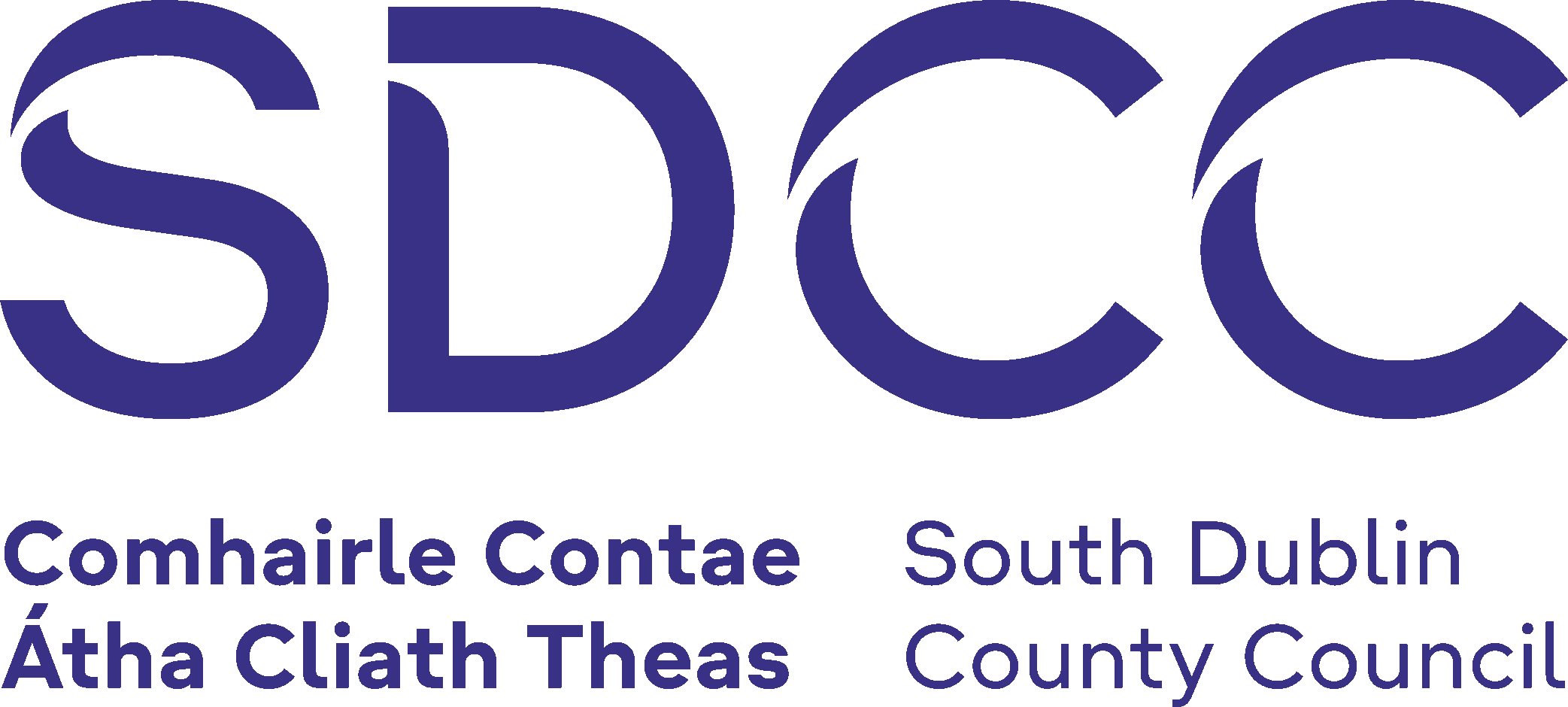Emergency Services
If you need emergency services, including the police, the fire brigade or an ambulance, call 112 or 999. (In Ireland, we call our police force An Garda Síochána or the Gardaí.)
A directory of police station locations is available at https://www.garda.ie/en/contact-us/station-directory/
The police service in Ireland provides information on a range of support services on their website
Domestic and Child Abuse https://www.garda.ie/en/crime/domestic-abuse/
Sexual Crime https://www.garda.ie/en/crime/sexual-crime/
Human Trafficking https://www.garda.ie/en/crime/human-trafficking/
Assault https://www.garda.ie/en/crime/assaults/
Hate Crime https://www.garda.ie/en/crime/hate-crime/
Burglary and Theft https://www.garda.ie/en/crime/burglary-theft/
Domestic and Sexual Violence Supports
Women’s Aid is a national organisation working to stop domestic violence against women and children. The Women's Aid helpline 1800 341 900 operates 24 hours a day, seven days a week, and provides support and information to callers experiencing abuse from intimate partners
https://www.womensaid.ie/about/links.html
The Dublin Rape Crisis Centre also operates a 24-hour helpline at 1800 778888
https://www.rapecrisishelp.ie/
Child Protection and Parenting Support
Tusla provides a range of supports for children and families across the continuum of support, from Family Support and Meitheal, to social work assessment and intervention for children referred to Tusla where concerns exist for their safety, under Children First, and are screened in need of support by Tusla. Partnership, Prevention and Family Support: PPFS is a comprehensive suite of early intervention and preventative services being undertaken by Tusla and its partner agencies. The aim of PPFS is to prevent risks to children and young people from arising or escalating through early intervention and family support. Supporting families and keeping children and young people safe is everyone’s business. Child and Family Support Networks (CFSNs) help families experience services as easily as possible in their own area. The networks support this by taking a localised, area-based approach.

